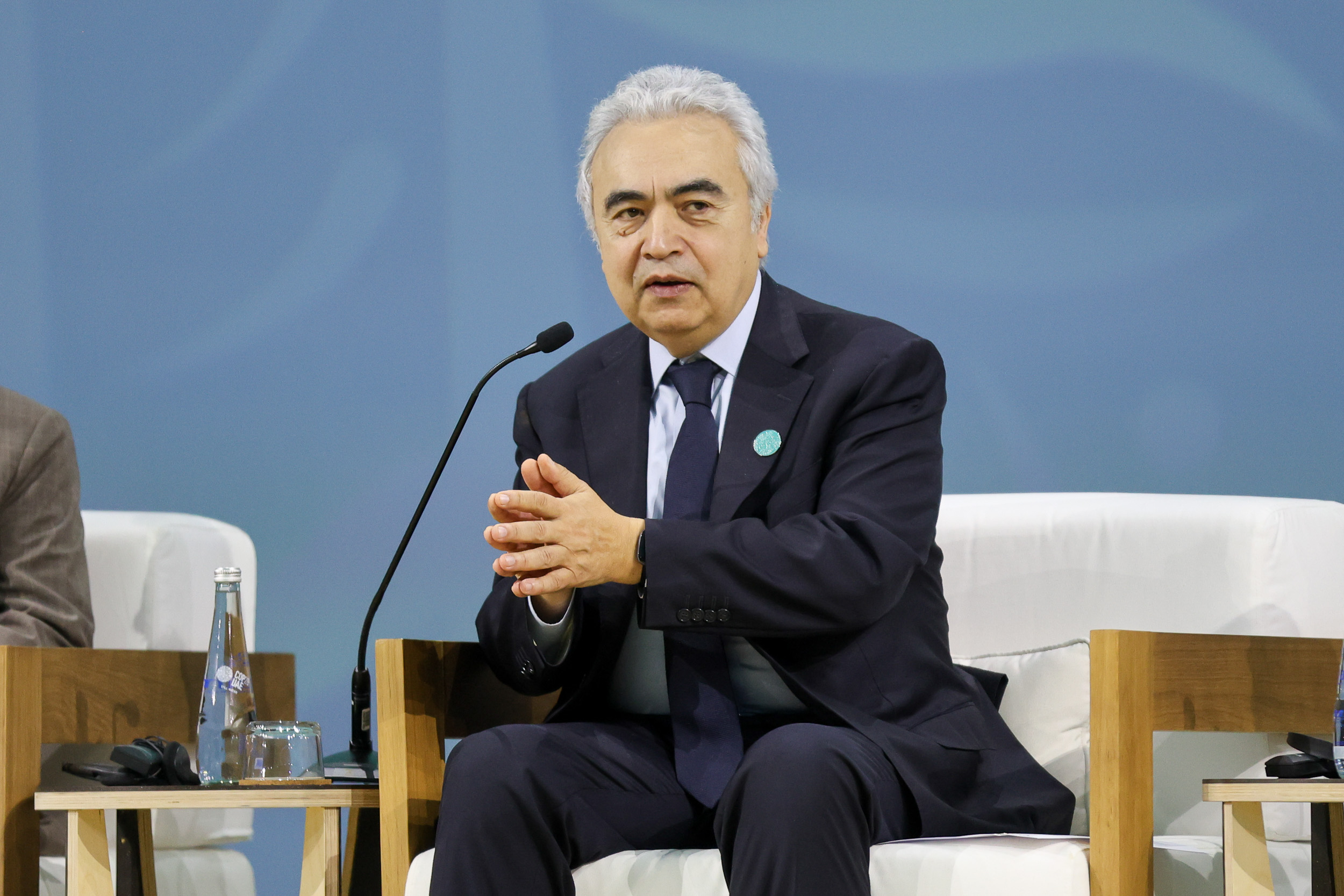Making Clean Energy Policies Work for Low-Income Households
When designing clean energy policies, it is imperative to understand their impact on economically vulnerable...


This year, the International Energy Agency (IEA) celebrates its 50th anniversary. To mark the occasion, a Ministerial Meeting was paired with an energy innovation forum and a series of high-level dialogues exploring the key issues facing world energy, including topics of investment, security, and people-centred clean energy transitions.
The IEA is at a turning point in its membership, which until now has been strictly linked to Organisation for Economic Co-operation and Development (OECD) membership (the event was held at OECD headquarters in Paris), but which is set to accommodate new voices in a drive to ensure the organisation’s continued relevance for the next 50 years. This was exemplified with the announcement of an invitation to India to begin discussions about potential membership—a momentous development for the IEA as it embarks on its next half-century. India’s ambassador to France, Jawed Ashraf, spoke of past collaborations between India and the IEA, as well as India’s growing renewable energy investment, which includes plans to meet all new demand through renewable energy by the centennial of the country’s independence in 2047.
While it is common for the IEA to focus on traditional energy issues including investment, technology, and security, it should be noted that the IEA’s approach to just transition, referred to by the organisation as “People-Centred Clean Energy Transitions,” was also at the forefront of the event. A ministerial dialogue chaired by Canadian Minister of Natural Resources, Jonathan Wilkinson, for example, included labour and Indigenous perspectives in addition to the usual lineup of government officials expected at an IEA ministerial.
Wilkinson spoke about context-specific terminology, noting that in Canada, the government focuses on “sustainable jobs” rather than “just transition,” He explained that while the bulk of Canadians support climate policy and energy transition to renewables, they also want assurances that employment for them and future generations is paramount. For the Canadian government, putting quality employment as the focal point provides reassurance that workers are at the forefront of transition.
Those who stand to be impacted by transition need a compelling economic vision to buy into, one that seizes economic opportunities and ensures that policy processes will be inclusive.
From informal conversations with representatives of labour and worker movements before and during the event, there is an acknowledgement that differing terminology is not an inherent issue in the pursuit of a just transition, providing that the principles of transition, including inclusion of workers, social dialogue, and adherence to the spirit of the ILO Guidelines for Just Transition (endorsed by 187 countries at the ILO conference in June 2023) are all respected.
The new focus on social issues at the IEA 50 event can be seen as a critical development in outlining a transition that people will support. Wilkinson himself noted that those who stand to be impacted by transition need a compelling economic vision to buy into, one that seizes economic opportunities and ensures that policy processes will be inclusive. At the same time, he remarked that any country that ignores the concerns of climate change, and its impacts on the economy, does not have a realistic plan for the future.
This need to focus on the future, and to ensure net-zero targets are met to avoid the most dire impacts of climate change, was also highlighted in the final communique issued by the Ministerial portion of the event. The communique referenced the IEA’s commitment to supporting governments on inclusive and equitable transition with a focus on jobs, skills, worker protection, and economic development, as well as the needs of labour and Indigenous peoples.
Going forward, we can expect the IEA to broaden its membership, global perspectives, and focus on the social impact of energy transition over the coming decades. The continued engagement of the IEA and its members on such topics is a reassuring sign that the social aspects of the energy transition will receive the attention they need to make the transition successful.
Receive updates on just energy transition news, insights, knowledge, and events directly in your inbox.